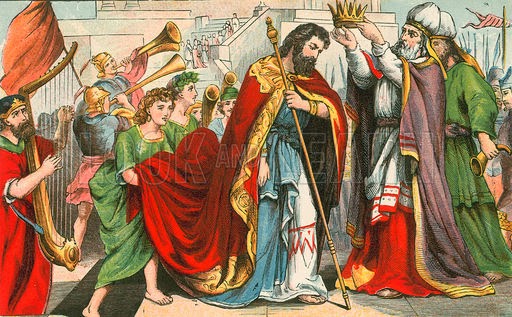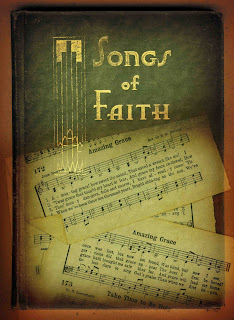TO CHEW ON: "Beloved, do not imitate what is evil, but what is good. He who does good is of God, but he who does evil has not seen God." 3 John 11
John mentions three men in this letter: Gaius, Diotrephes, and Demetrius.
Gaius is the man to whom John writes. John loves him, calls him "Beloved" three times after describing him "the beloved Gaius" in his greeting (3 John 1, 2, 5,11). John feels his "soul prospers" (though we're not as sure about his physical health - 3 John 2). John commends him for walking in truth. He is faithful in ministry especially hospitality, both to those he knows and strangers. He may have been young and impressionable for John tells him not to be influenced and copy Diotrephes.
Diotrephes is apparently a church leader who feels John and Co. threaten his leadership (his "preeminence among them"). He refuses to take these apostles in and spreads malicious stories about them. As if his cold shoulder isn't enough, he also forbids others to receive them (3 John 9-11).
Demetrius, on the other hand "has a good testimony from all and from the truth itself" (3 John 12).
We humans, being the social creatures we are, influence and imitate each other. We can choose good or bad people to copy. And others watch us. What if one of our church leaders wrote about us. Would he or she call us "beloved," commend us for walking in truth and being faithful in ministry, and recommend us as someone to imitate? Or would that letter contain a warning about us because we are rebellious, self-serving, undisciplined in speech and divisive?
PRAYER: Dear God, I often minimize and even forget about the impact that my life has on others. Help me to be a person of truth and genuine good deeds that flow out of love for You. Please forgive me for times that I have undermined leadership. Help me to remember that I am always on display—before others, but especially before You. Amen.
MORE: Spiritual reputation
Over our lifetime with the Lord and in church, you and I build a spiritual reputation.
- Demetrius had a "good testimony from all."
- The early church had "favor with all people" - Acts 2:47.
- Joses had the reputation of being an encourager to the extent that the apostles nicknamed him Barnabas (Son of Encouragement) - Acts 4:36.
- Stephen had a reputation of being full of faith and power - Acts 6:8.
- Hebrews 11 is full of examples of people whose lives were characterized by faith.
I ask myself: What is my spiritual reputation? What is yours?
**********
Unless otherwise noted all Scripture quotations are taken from the New King James Version®. Copyright © 1982 by Thomas Nelson, Inc. Used by permission. All rights reserved.




















